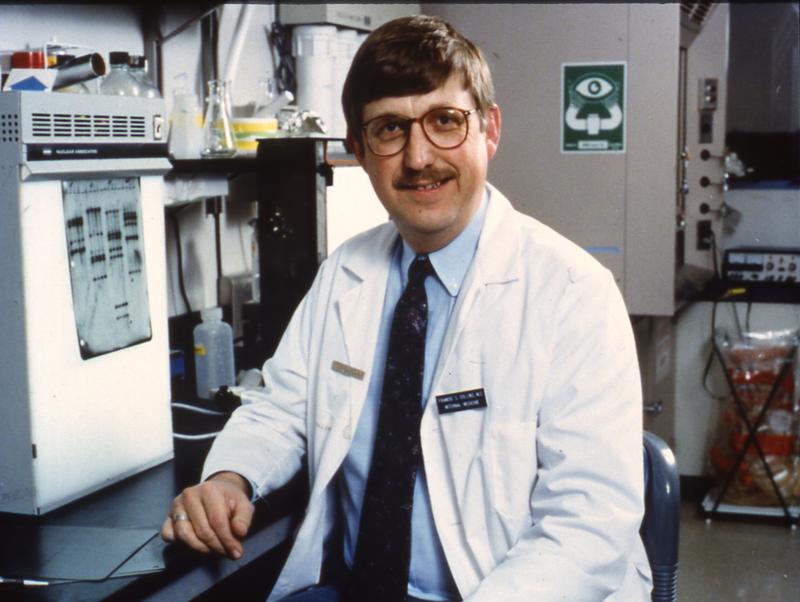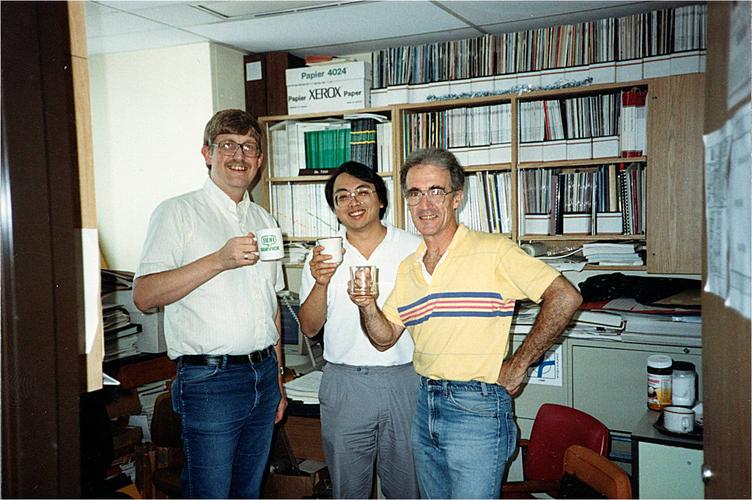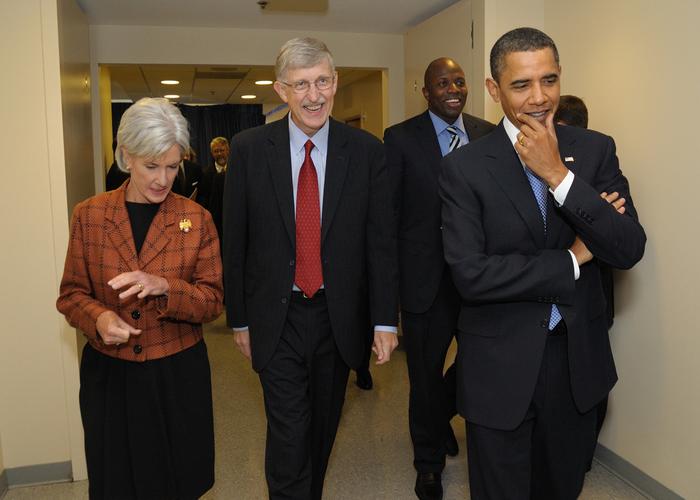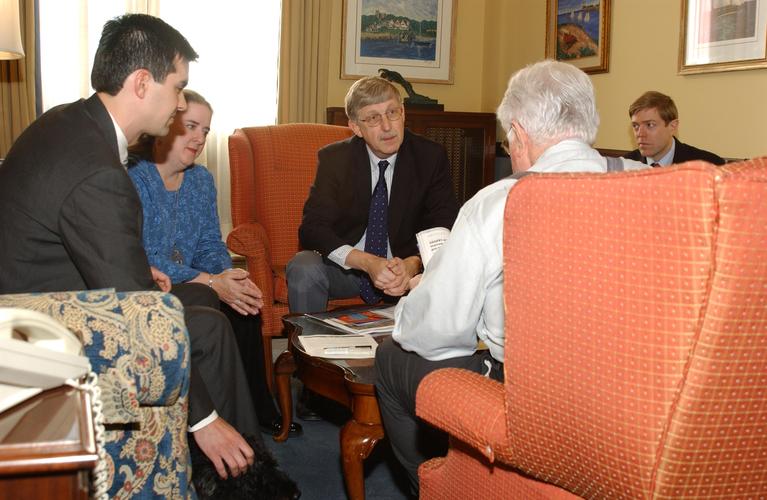In the 1970s, as a PhD candidate at Yale, Francis Collins sensed that the world was on the cusp of a revolution in the burgeoning field of molecular genetics. He didn’t know it at the time, but he would go on to be one of the key players in that revolution.
As a young physician, Collins spent time as a doctor in Sub-Saharan Africa, reflecting his lifelong commitment to using medicine and technology to help those in need.
Back in the lab, he and his collaborators identified the genes responsible for cystic fibrosis, neurofibromatosis, and Huntington’s disease, among others. He was also able to pinpoint several of the genetic variables that increase risk for type 2 diabetes, a disease that affects over 3 million people every year in the United States alone.
Given his history of making groundbreaking genetic discoveries, it was no surprise when he was tapped to lead the federally-funded effort to decode the entirety of the human genome– all 6 billion letters of the human instruction book.
The Human Genome Project culminated in April 2003, ahead of schedule and under budget–no small accomplishment for one of the most significant scientific undertakings of the modern era. The completion of the project also coincided with the 50th anniversary of Watson, Crick, and Franklin’s seminal discovery of the double helix structure of DNA.
Collins himself has called the project “an adventure that beats going to the moon or splitting the atom….And for me, this kid from the small farm in Virginia, to have a chance to oversee that is just an astounding thing.” The Human Genome project is an adventure that comes with many questions about ethics and privacy, topics that Collins has taken seriously and worked hard to foster productive conversations about.
As current director of the National Institute of Health, Collins is responsible for the day to day running of the world’s largest supporter of biomedical research, a role he seems to cherish. Most days, you can see what he’s up to and what he’s thinking about on Twitter @NIHDirector.










